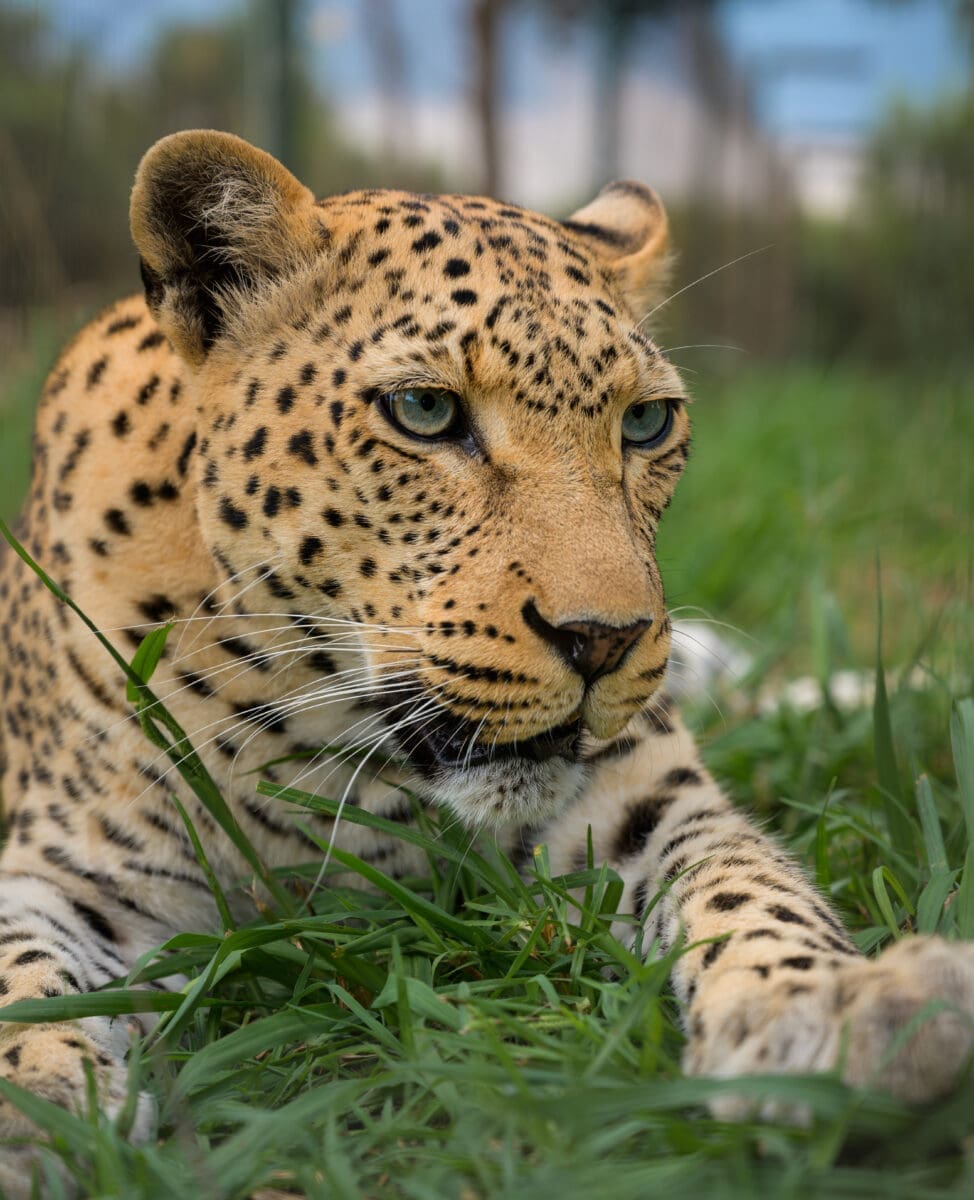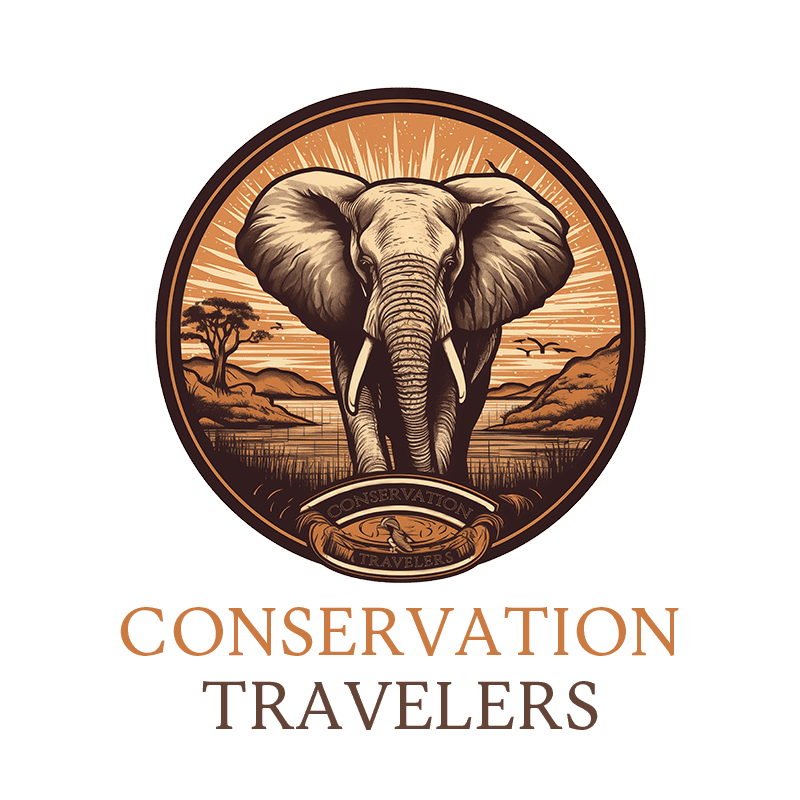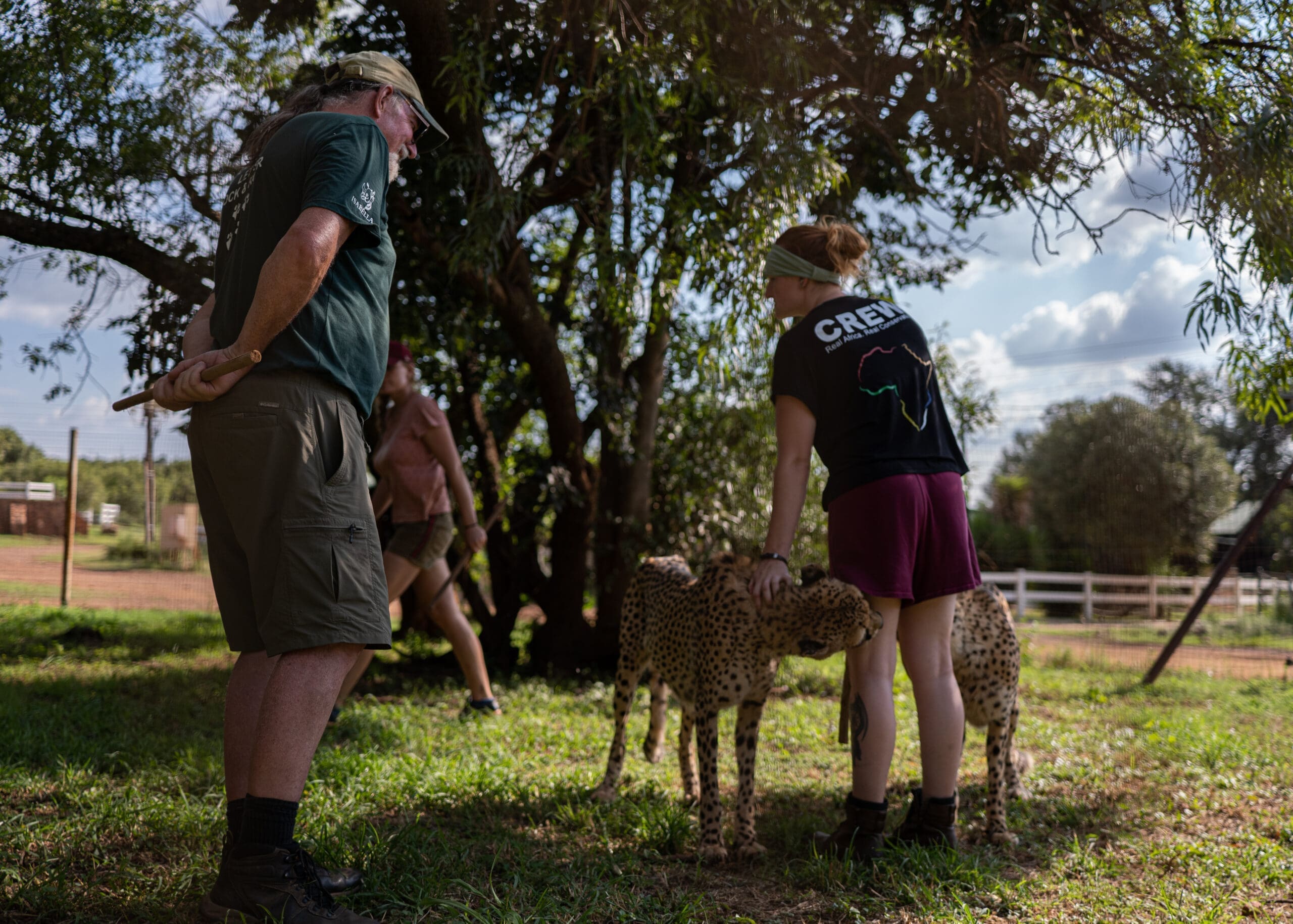ABOUT US
Conservation Travelers are a well-traveled team who have spent the last decade volunteering across locations in Africa, promoting well-meaning projects and working with reputable international conservation groups.
We provide a link to programs we have personally verified and vetted for quality experience and ethical long-term treatment of wild animals.
Our programs are guaranteed not to be participating in any form of illegal wildlife trade or practices and promise a joyful time learning and discovering all about the wild animals of the area.

FAQ
This program takes in wild animals from various unfortunate backgrounds, such as rescues from culling programs, orphaned cubs that would not survive in the wild, or animals that were being kept in inhumane conditions.
Your payment is what enables projects like these to exist: food, vet bills, enclosures and land all come at a cost. On top of this, it will cover your accommodation, transport, 3 meals a day and support staff.
This project has rescued tigers from the black market trade to give them a chance at a real life in better conditions.
An orphaned animal is an animal that lost its parents at a young age (to another predator, or a hunt) and would not survive in the wild on its own.
People typically spend 2 to 4 weeks here, but of course, it’s up to you!
Yes. It’s an ideal opportunity to travel alone as most volunteers travel here alone and quickly make friends with group
Yes. A basic level of English is required to be able to follow instructions at the program.
Clothes, sunscreen, working gloves, boots, a hat, we recommend a camera and great sense of fun!
Yes. The farm is outside populated areas and is under regular 24 hour security.
No, you can feel free to book at any time and you will have a place.
Summer (aka wet season) is from November to March, making the landscape greener and provides more chances to see baby animals, however the more crowded time of season runs from May to September, during the Northern Hemisphere’s Summer.
No, flights are not included.
Returning volunteers benefit from a 10% discount.

